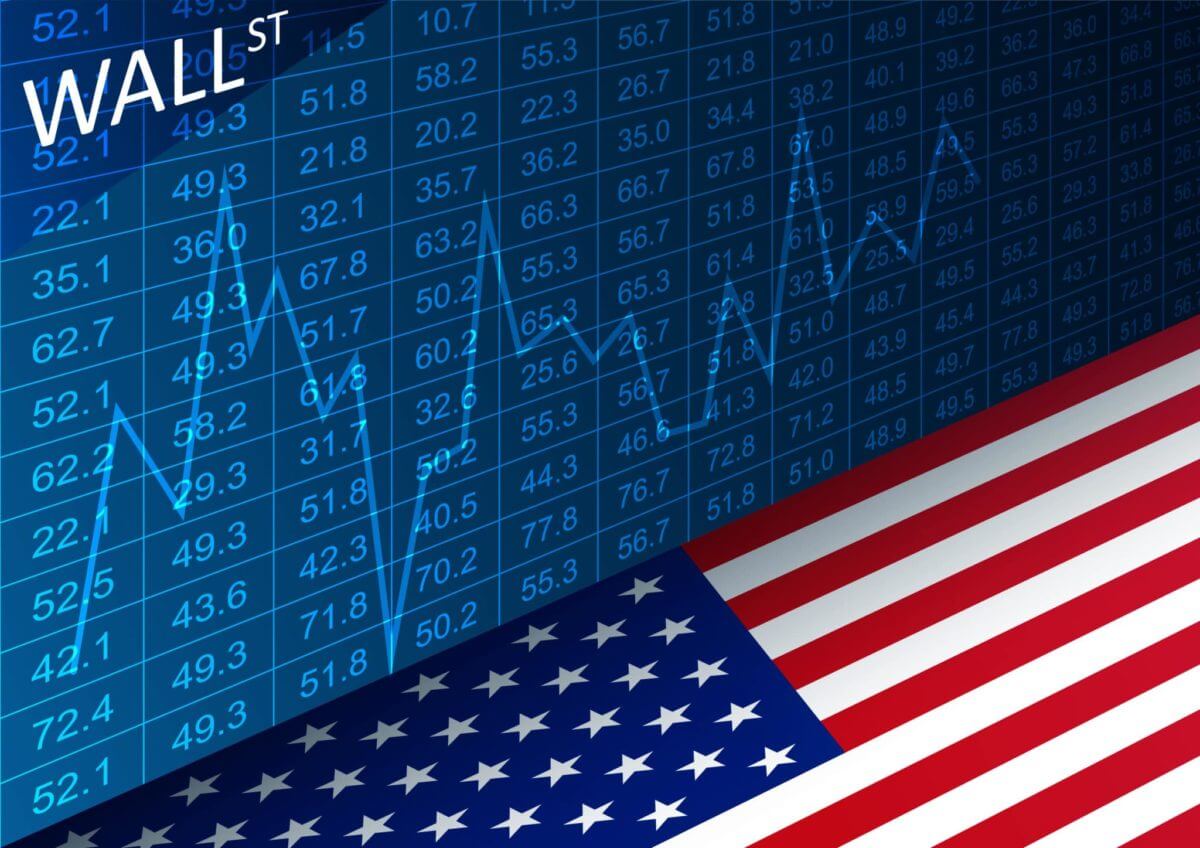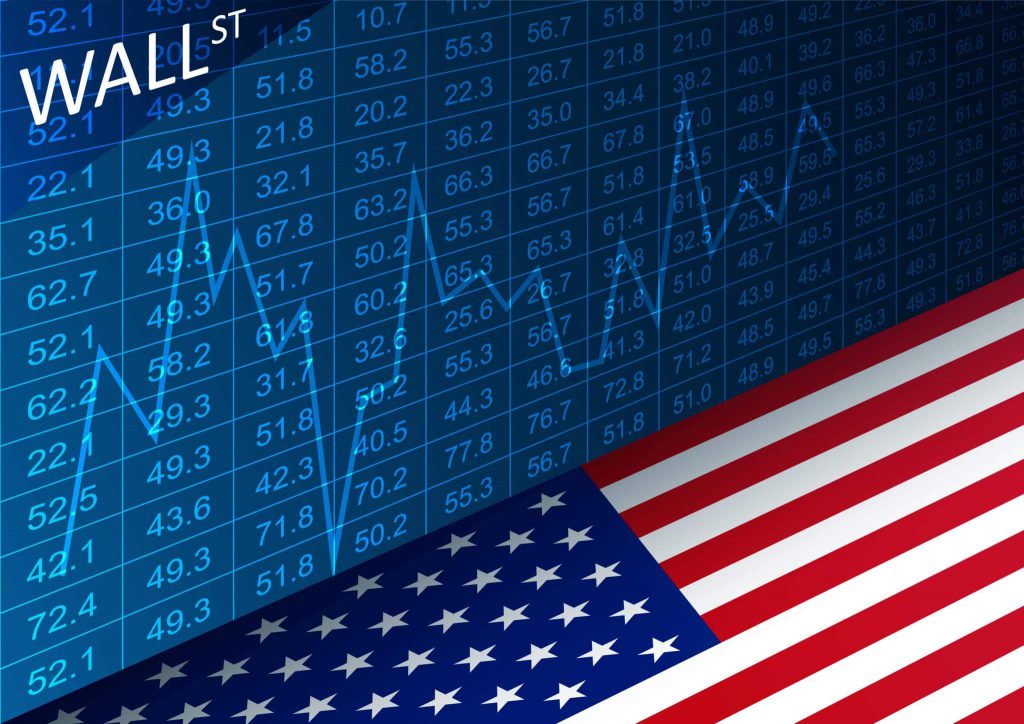
Wall Street Settled on Mixed Ground
Wall Street stocks ended in the mixed territory on Thursday. However, high-growth tech equities posted significant gains.
The Dow Jones decreased by 0.62% or 210.22 points to 33,823.45. Among its thirty equities, Caterpillar plunged by 3.55%. Dow Inc dropped by 3.13, and JPMorgan lost 2.89%. As for the stocks that gained the most, Microsoft added 1.37%, and Apple increased by 1.26%.
Meanwhile, the selective S&P 500 lost 0.04% or 1.84 points, to 4,221.86.
The Nasdaq Composite Index, listing the main technology companies, jumped by 0.87%.
Energy, financial, basic materials, and industrial sectors were the ones with the most decreases. At the same time, technology companies posted the most notable gains corresponding with the stabilization of the debt markets.
The yield on the benchmark 10-year Treasury note sank to 1.487%.
Fed comments that moved the market
The Fed finished its meeting on Wednesday. Even though the central bank maintained its position that inflation spikes would be transitory, it has made higher expectations for inflation this year. And while the Fed kept its benchmark interest rate near zero, it signaled that there could be interest rate increases in 2023. On the other hand, Jerome Powell, the Fed Chairman, confirmed that the central bank has already begun discussing reducing bond purchases.
Investors were taken off guard by Powell’s announcements. However, Mike Loewengart, managing director at E-Trade, assumes that the market may be reacting to these changes as more officials expect rate hikes next year.
Investors are now keeping their eye on weekly jobless claims data. It is expected to correspond to the Federal Reserve projections about rapid economic recovery.
Wall Street futures were pointing to increases. The E-Mini for the S&P500 and Dow added 0.1%, and the Nasdaq increased by 0.3%.
The country will observe a holiday on June 19, signed into law by Joe Biden to commemorate the end of slavery in the US. This holiday falls on Saturday; however, NYSE and Nasdaq rely on input from several participants, including banks, regulators, and broker-dealers.


